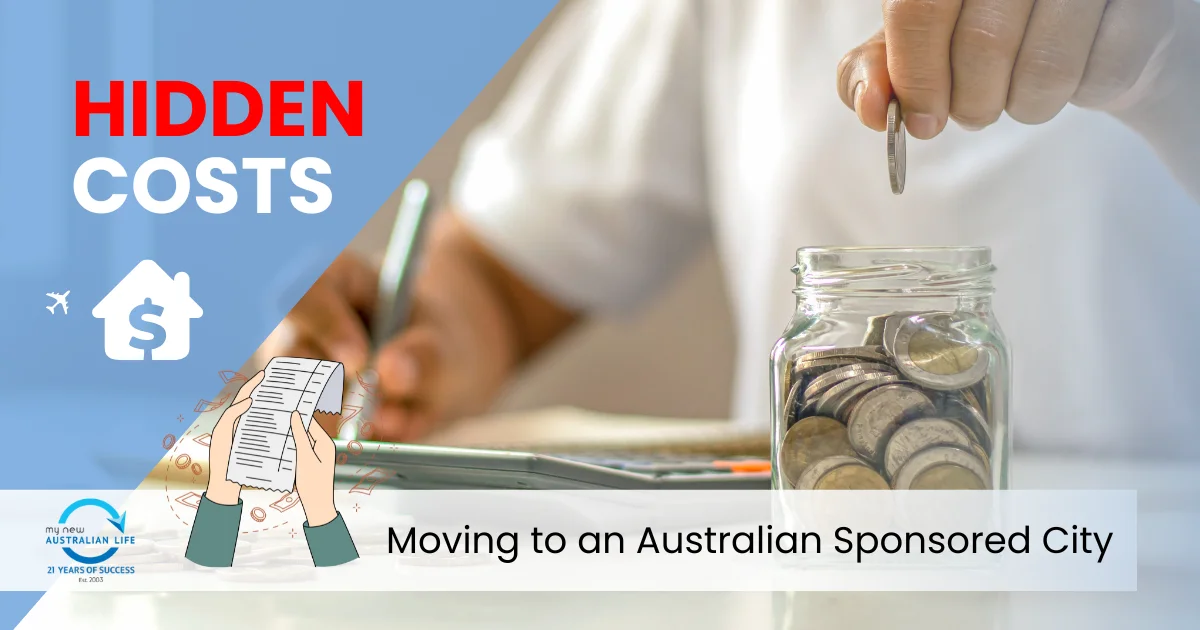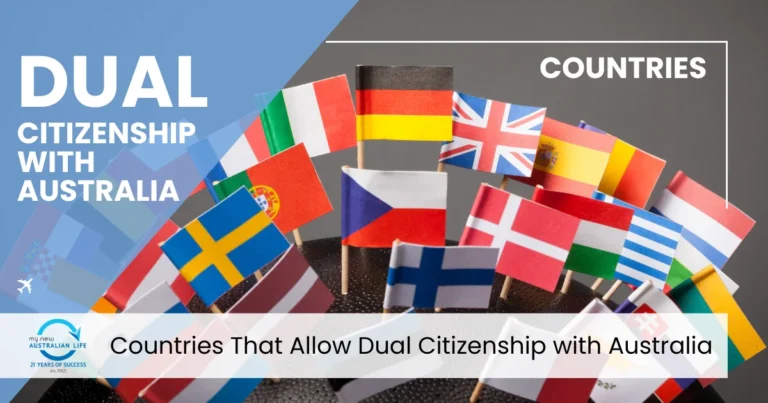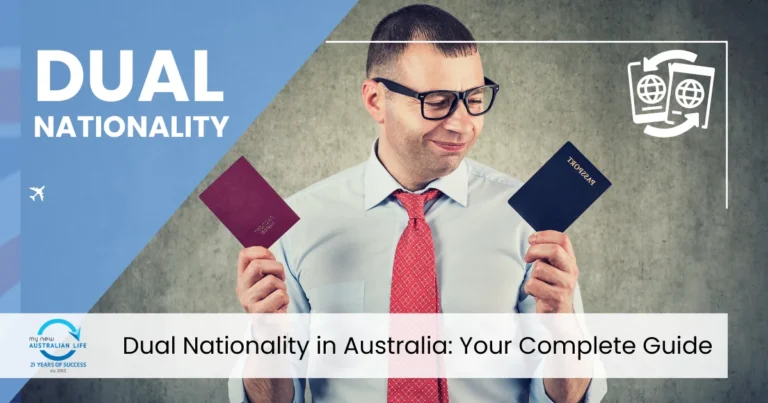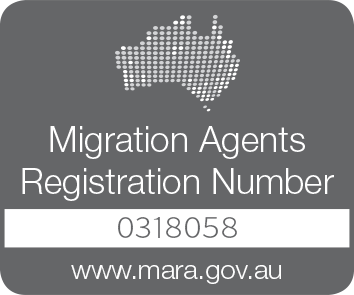Australia is a popular destination for skilled migrants seeking better opportunities and a high quality of life. Many opt for sponsored cities, where state or regional governments provide support through visa sponsorship programs such as the Skilled Nominated Visa (Subclass 190) and the Skilled Work Regional (Provisional) Visa (Subclass 491). However, while these opportunities can ease the migration process, there are several hidden costs associated with moving to an Australian-sponsored city. Understanding these expenses is crucial for better financial planning and a smoother transition.
Living Expenses, Housing Costs, and Relocation Fees
One of the biggest concerns for new migrants is the cost of living in their sponsored city. Many underestimate day-to-day expenses, rental prices, and moving costs, leading to financial strain. Below are key factors that should be considered:
Living Expenses
Living expenses vary significantly depending on the city or regional area. Here’s a breakdown of key costs:
| Expense Category | Estimated Monthly Cost (AUD) |
|---|---|
| Groceries | $400 – $800 |
| Utilities (Electricity, Water, Internet) | $150 – $300 |
| Public Transport | $100 – $200 |
| Health Insurance | $50 – $150 |
| Childcare (per child) | $1,000 – $2,000 |
| Dining Out | $100 – $400 |
- Food and Groceries: Supermarket prices can be higher in regional areas due to transportation costs.
- Transport Costs: If public transport is limited, you may need to purchase a car, adding fuel and insurance expenses.
- Health Insurance: Many migrants are required to take out Overseas Visitor Health Cover (OVHC) until eligible for Medicare.
Housing Costs
Housing is often one of the most expensive aspects of moving to an Australian-sponsored city.
- Rental Prices: Rental costs differ between cities and regional areas. Here’s an average rental cost comparison:
| City/Region | Average Weekly Rent (AUD) |
| Sydney (metro) | $650 – $850 |
| Melbourne | $500 – $700 |
| Adelaide | $450 – $650 |
| Perth | $400 – $650 |
| Regional Areas | $300 – $500 |
- Bond and Upfront Rent: Expect to pay a bond (usually 4-6 weeks’ rent) and the first month’s rent in advance.
- Furnishing Costs: If renting an unfurnished property, you may need to buy furniture, adding another $2,000 – $5,000.
Relocation Fees
Moving costs can quickly add up, particularly if you’re relocating internationally or from another Australian city.
| Relocation Expense | Estimated Cost (AUD) |
| Flight Tickets | $1,000 – $3,000 (per person) |
| Shipping Household Items | $3,000 – $10,000 |
| Temporary Accommodation | $100 – $300 per night |
| Visa Application Fees | $4,240 (for a primary applicant, Subclass 190) |
- Temporary Accommodation: Some migrants may need to stay in short-term accommodation before securing a rental.
- Pet Relocation: If bringing pets, expect quarantine and transport fees ranging from $2,000 – $6,000.
People also interested Australian Salary Expectations, Minimum Wage, and Taxation for Newcomers
Budgeting Tips for New Migrants
Careful financial planning is key to ensuring a smooth transition to your new Australian-sponsored city. Here are some useful budgeting tips:
Create a Realistic Budget
- Use an expense tracking app (e.g., Pocketbook, YNAB, or Mint) to monitor spending.
- Plan a three-month emergency fund to cover unexpected costs.
- Research local grocery stores and compare prices to save money.
Reduce Initial Housing Expenses
- Consider shared accommodations or renting a room to lower costs.
- Look for government-subsidized housing assistance programs.
- Opt for second-hand furniture via Facebook Marketplace, Gumtree, or IKEA’s As-Is section.
Save on Transport Costs
- Use concession cards (e.g., Myki, Opal, Go Card) for discounted public transport fares.
- Buy a used car instead of a new one to save thousands.
- Carpool with colleagues or join rideshare programs in regional areas.
Utilize Free Services
- Many local councils offer free English classes, job workshops, and community integration programs.
- Public libraries provide free internet, study spaces, and career resources.
- Join Facebook community groups for support, job leads, and second-hand deals.
Moving to an Australian-sponsored city offers excellent job opportunities and a high standard of living. However, migrants should be aware of the hidden costs that can strain their finances. Living expenses, housing costs, and relocation fees can be significant, but with proper budgeting strategies, migrants can successfully settle in their new home.
By understanding these costs in advance and following smart budgeting tips, new migrants can make informed decisions, avoid financial difficulties, and enjoy a smoother transition into their Australian life.






